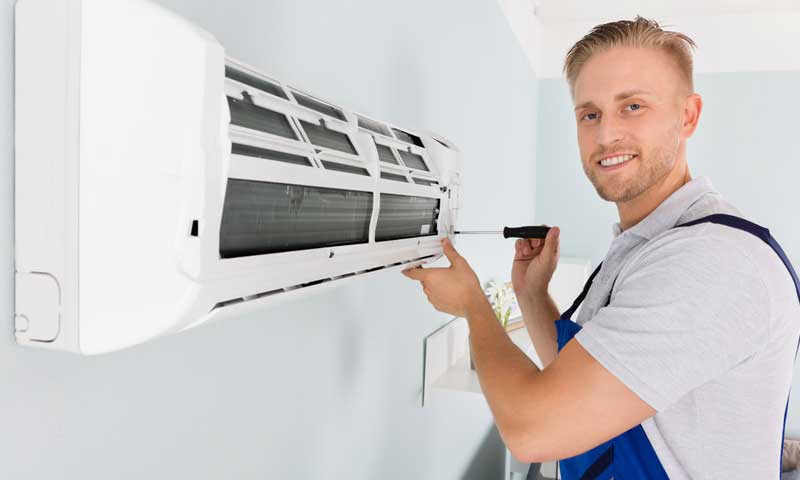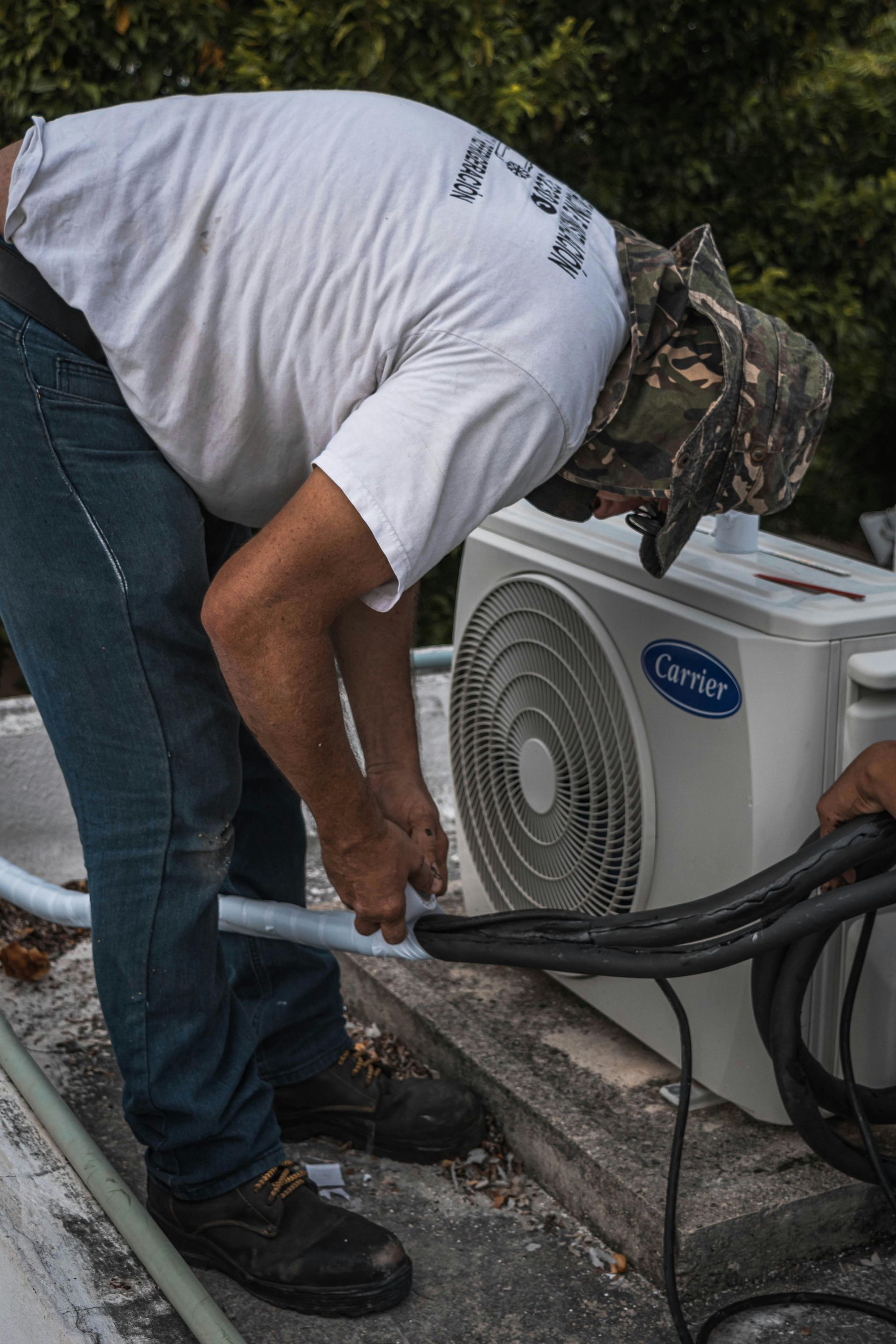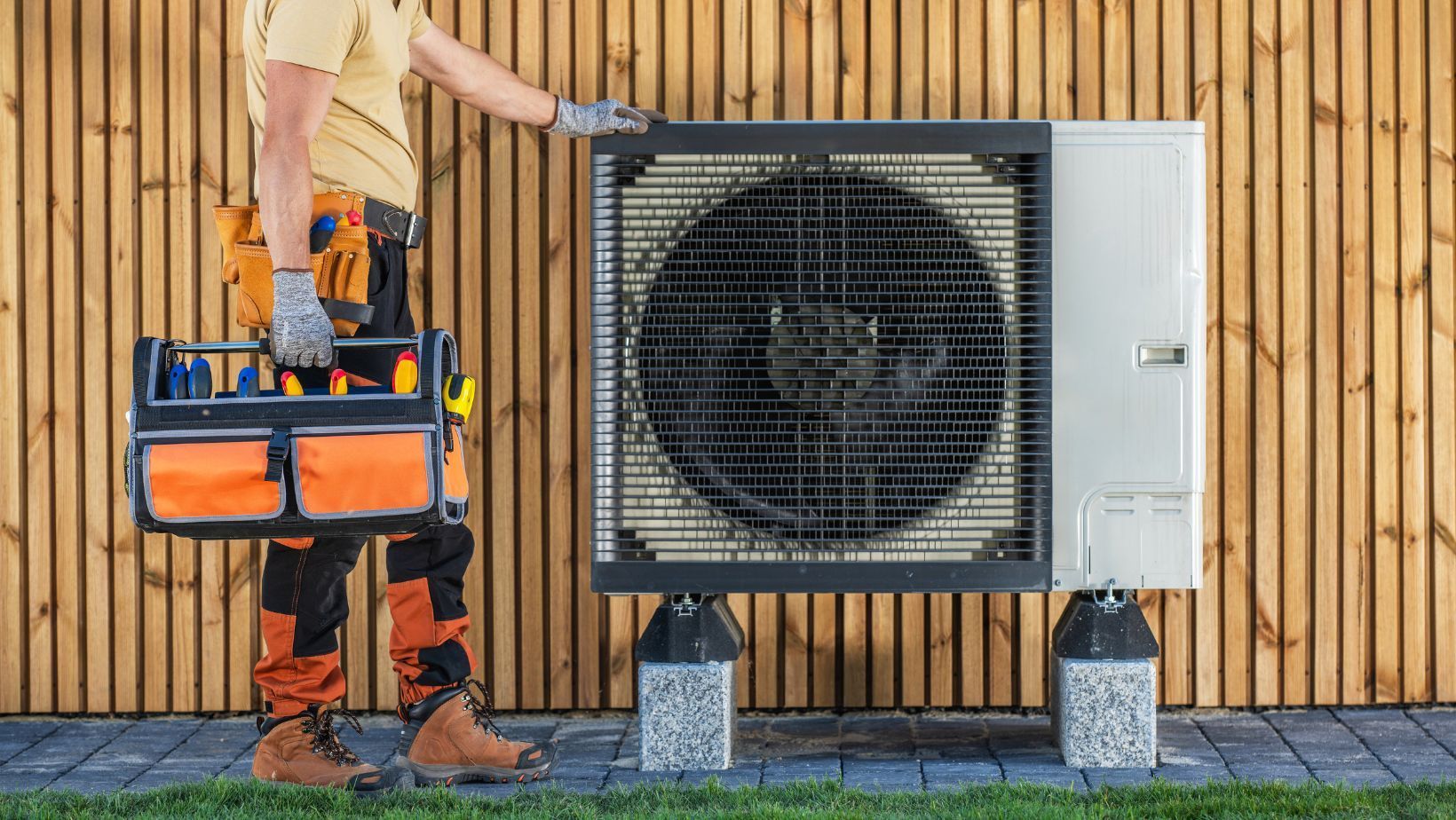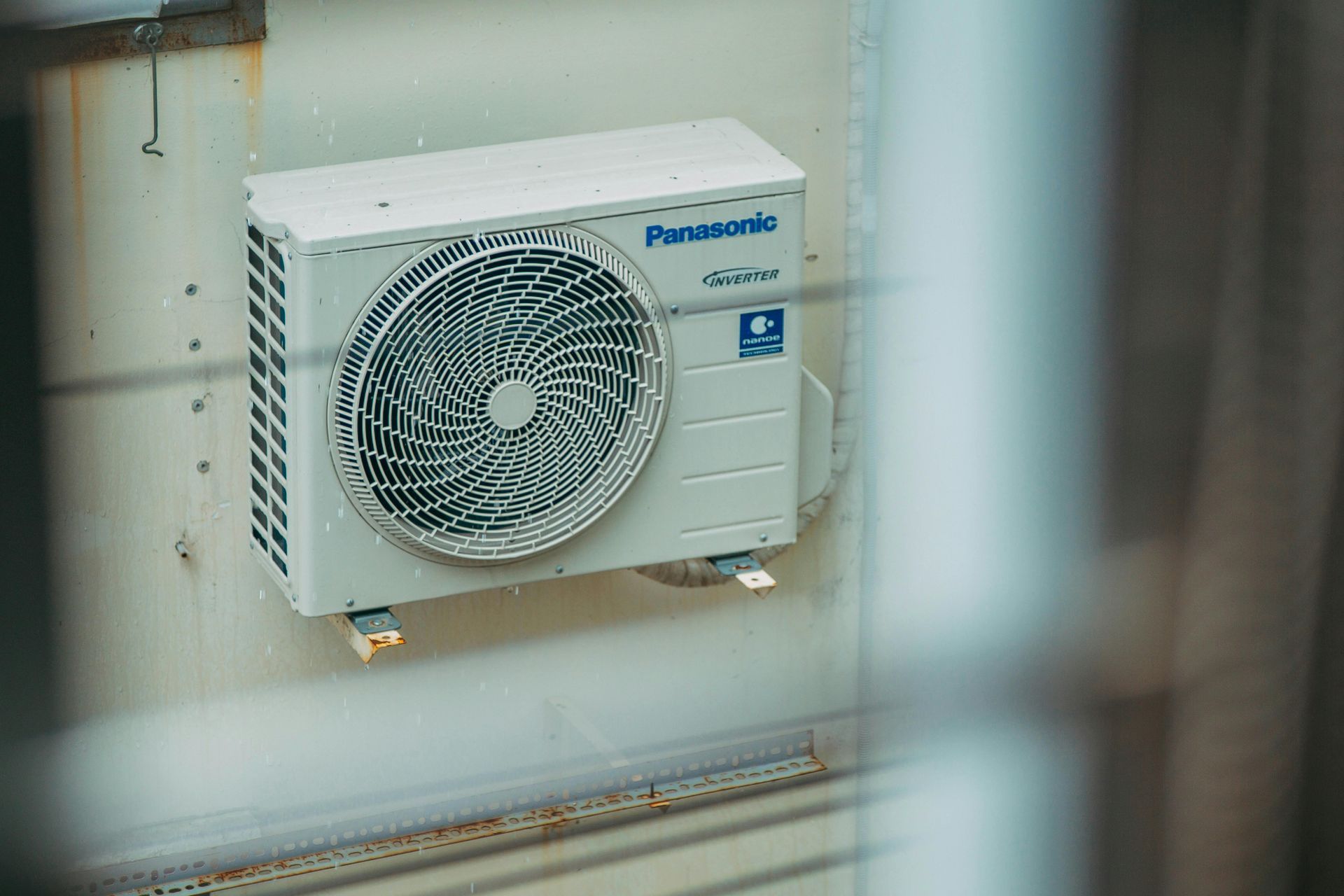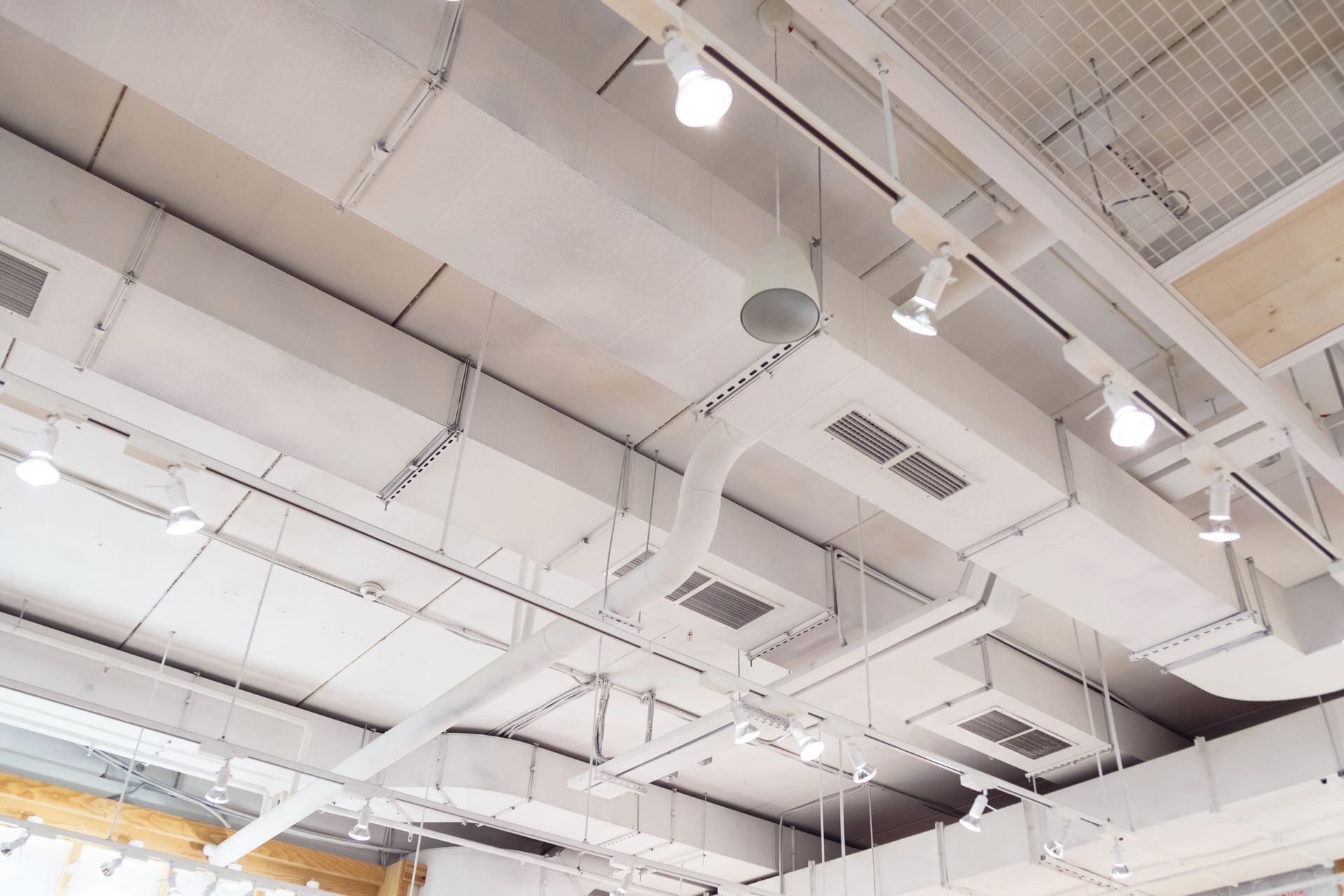Understanding the Lifespan of Your Heating System
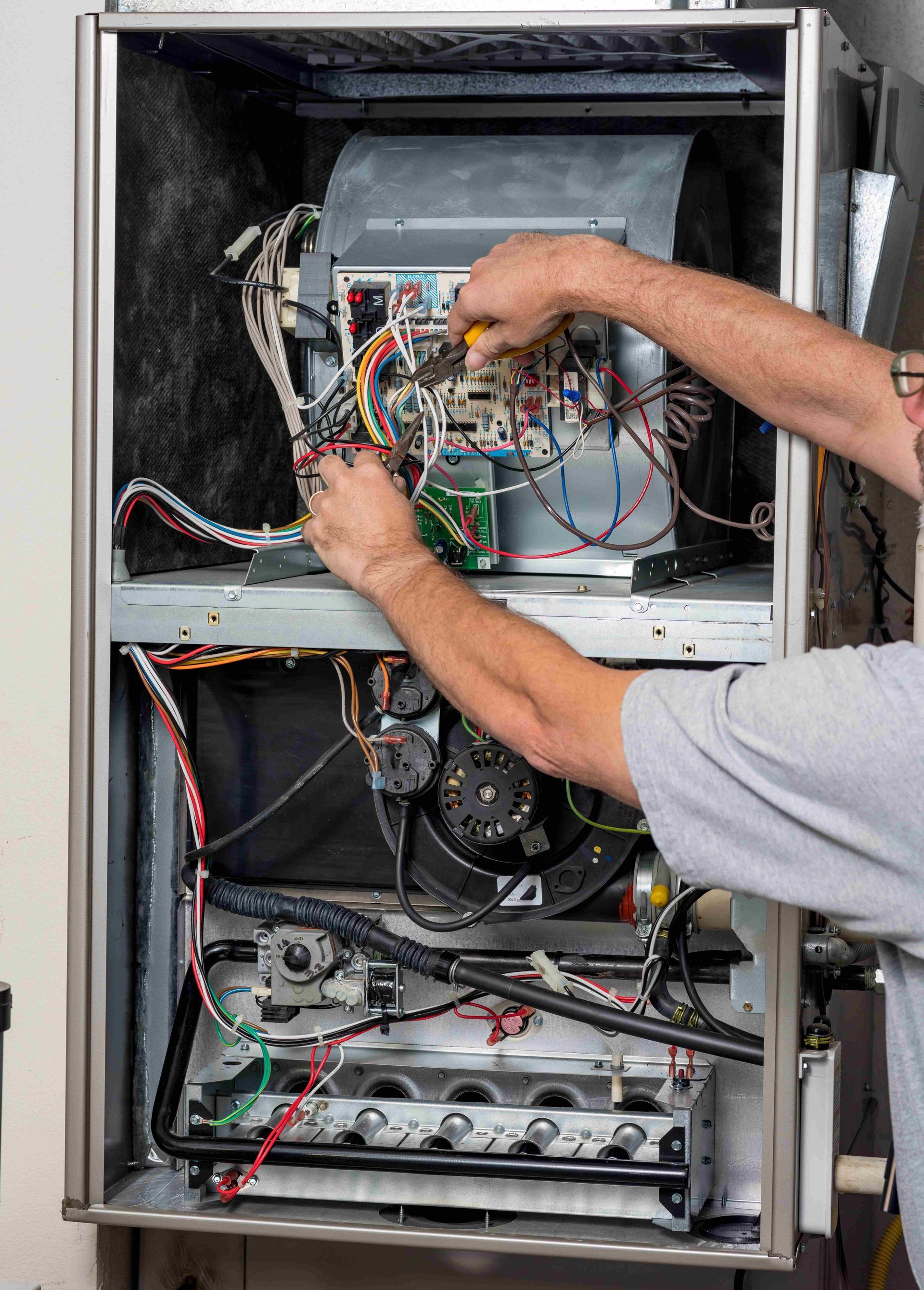
Furnaces play a crucial role in keeping our homes warm and comfortable during the chilly winter months. However, like any other appliance, furnaces have a limited lifespan.
Understanding how long a furnace is good for can help homeowners plan for replacements, avoid unexpected breakdowns, and ensure optimal heating efficiency. In this article, we will delve into the factors that influence furnace lifespan, discuss the average lifespans of different furnace types, explore signs that indicate your furnace may need replacement, provide tips to extend the lifespan of your furnace, and offer guidance on when to consider furnace replacement. So, let's get started!
Understanding Furnace Lifespan
What is a furnace?
Before diving into the lifespan of furnaces, let's define what a furnace is. A furnace is a heating appliance that is typically located in the basement, attic, or utility closet of a house. It uses various fuel sources such as natural gas, electricity, or oil to generate heat, which is then distributed throughout the home via ductwork or a heat pump system.
Factors influencing furnace lifespan
Several factors can affect the lifespan of a furnace. The quality of the furnace, its installation, maintenance, usage patterns, and the climate in which it operates all play a role in determining how long it will last. Investing in a high-quality furnace, professional installation, and regular maintenance can significantly extend its lifespan.
Average Lifespan of Different Furnace Types
Different types of furnaces have varying lifespans. Let's take a closer look at each type:
Gas furnaces
Gas furnaces are one of the most common types of furnaces. They are known for their efficiency and reliability. On average, a well-maintained gas furnace can last between 15 to 20 years. However, with proper care and maintenance, some gas furnaces have been known to last up to 30 years.
Electric furnaces
Electric furnaces are another popular choice, especially in areas where natural gas is not readily available. Electric furnaces generally have a longer lifespan compared to gas furnaces. With proper maintenance, an electric furnace can last anywhere between 20 to 30 years.
Oil furnaces
Oil furnaces, although less common nowadays, are still found in some homes. These furnaces tend to have a shorter lifespan compared to gas and electric furnaces. On average, an oil furnace can last around 15 to 25 years with regular maintenance and care.
Signs Your Furnace May Need Replacement
While the average lifespan provides a general guideline, there are signs that indicate your furnace may need replacement before reaching its maximum lifespan. Pay attention to the following warning signs:
Age of the furnace
The age of your furnace is a significant factor to consider. If your furnace is approaching or has exceeded its average lifespan, it may be time to start thinking about a replacement. Even if it seems to be functioning adequately, an aging furnace is more prone to breakdowns and can become less energy-efficient over time.
Frequent breakdowns and repairs
If your furnace is frequently breaking down and requiring repairs, it's a clear sign that it's struggling to keep up with heating demands. Continuous breakdowns not only lead to discomfort but can also be costly in the long run. If you find yourself frequently calling a technician to fix your furnace, it may be more cost-effective to invest in a new, reliable system.
Rising energy bills
A sudden increase in energy bills without a change in usage patterns is a red flag that your furnace is not operating efficiently. As furnaces age, they tend to lose their efficiency, leading to higher energy consumption. If you notice a significant spike in your heating costs, it's worth considering a newer, more energy-efficient furnace that can help you save on energy expenses in the long term.
Uneven heating or inadequate airflow
If you're experiencing uneven heating throughout your home or inconsistent airflow from the vents, it may be a sign that your furnace is struggling to distribute heat effectively. These issues could be due to aging components or a furnace that's too small for your home's heating requirements. In such cases, replacing the furnace can ensure consistent heating and improved comfort.
Extending the Lifespan of Your Furnace
While the lifespan of a furnace is ultimately limited, there are steps you can take to extend its longevity and optimize its performance. Consider the following tips:
Regular maintenance
Regular maintenance is crucial for keeping your furnace in optimal condition. Schedule annual inspections and tune-ups with a qualified HVAC professional. During these visits, the technician will clean the components, check for any potential issues, and ensure that your furnace is running efficiently. Regular maintenance can significantly extend the lifespan of your furnace.
Changing air filters
Regularly changing the air filters is a simple yet effective way to maintain your furnace's efficiency and improve its lifespan. Clogged air filters restrict airflow, forcing the furnace to work harder and potentially leading to overheating. Refer to the manufacturer's recommendations for filter replacement frequency and ensure you use high-quality filters.
Proper insulation and sealing
A well-insulated and properly sealed home can reduce the strain on your furnace. Adequate insulation helps retain heat, allowing your furnace to work more efficiently. Additionally, sealing any air leaks in your home prevents drafts and heat loss, reducing the workload on your furnace. Consider insulating attics, walls, and basements, and caulk or weatherstrip windows and doors.
Avoiding overworking the furnace
Avoid overworking your furnace by setting your thermostat to a reasonable temperature. Drastic temperature changes can put unnecessary stress on the system. If you're leaving home for an extended period, consider lowering the thermostat slightly to conserve energy but not to a level that risks freezing pipes.
Conclusion
In conclusion, the lifespan of a furnace varies depending on factors such as the type of furnace, maintenance, and usage patterns. Gas furnaces typically last between 15 to 20 years, while electric furnaces can last up to 30 years.
Signs that indicate your furnace may need replacement include its age, frequent breakdowns, rising energy bills, and inadequate heating or airflow. Extending the lifespan of your furnace can be achieved through regular maintenance, changing air filters, proper insulation, and avoiding overworking the system.
Contact us today so that we can help you take care of your furnace with HVAC professionals here in London, Ontario.
